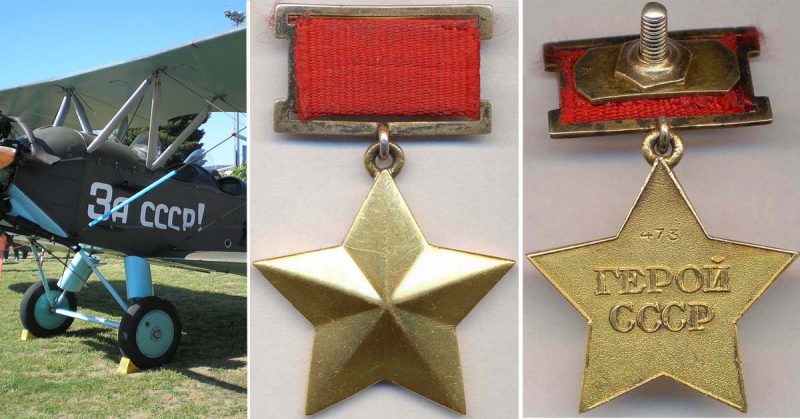A former member of the all-female “night witches,” Irina Rakobolskaya, has died at the age of 96 in her native Russia. The organization is unknown to westerners but known in Russia for their exploits during WWII in defending the country against the German Wehrmacht.
Formally titled the Guards Night Bomber Aviation Regiment of the Red Army, they flew 24,000 sorties in small, fragile biplanes for three years, using stealthy, bombing raids on German positions in the dead of night.
They overcame the skepticism of critics, winning 23 “Hero of the Soviet Union” medals, the country’s highest award.
The regiment was surreptitiously formed in 1941, authorized by Joseph Stalin, when the Wehrmacht was before Moscow.
Rakobolsky was studying at Moscow State University when three years later she joined the Red Army’s air division with 17 other female students. Rakobolsky said later that she did so to defend her homeland, not for Stalin or the Communist Party.
She trained as a navigator given her expertise in mathematics and physics. Instead of flying, as she had hoped, she was selected as regimental chief of staff.
After the war, she published the diary of Yevgeniya Rudneva, a 23-year-old pilot whom she saw shot down, her own recollections and poetry, and taking part in annual reunions of the regiment.
Rakobolsky was born 300 kilometers south of Moscow in Dankov, the daughter of a school teacher, Varvara (nee Shevlyakova), and Vyacheslav Rakobolsky, a physics lecturer. Following the death of her father in 1932 the family relocated to Moscow.
She was one of the minuscule numbers of women admitted to Moscow State University in 1938 while Stalin’s purges continued. She resumed her studies, graduating in 1949 becoming professor physics at the University. She crafted a career studying the workings of elementary particles, The Guardian reported.
She was chosen as a physics professor in 1977 and wrote approximately 300 papers, a textbook on nuclear physics, half-dozen books and held the lifelong position of distinguished professor from 1994 onward.
Rakobolsky became a member of the Russian Academy of Sciences’ scientific council on cosmic rays and the university’s academic council. For 24 years, from 1966 to 1990, she was chair of a special department that attracted professors from other educational institutions to improve their qualifications and knowledge. She was cited for numerous civil and military honors.
